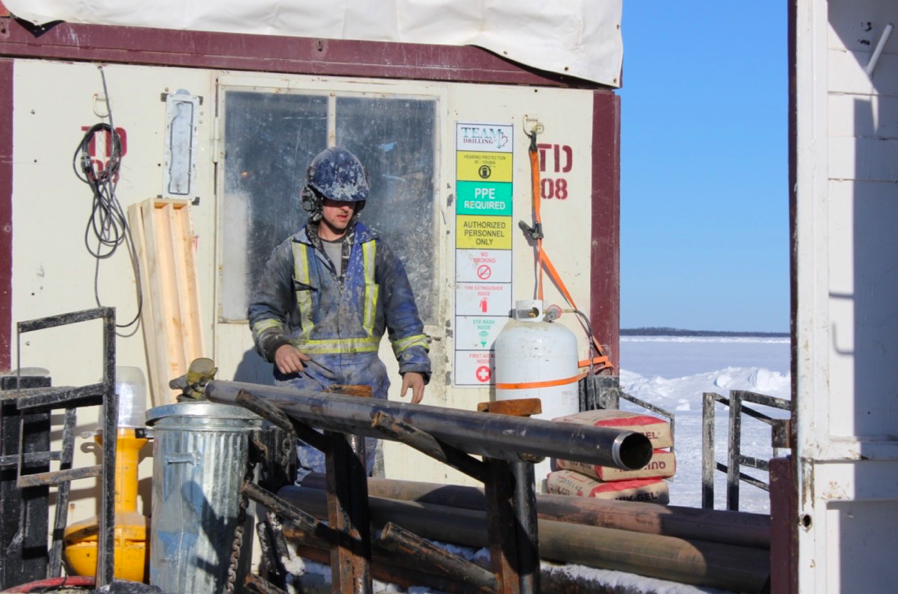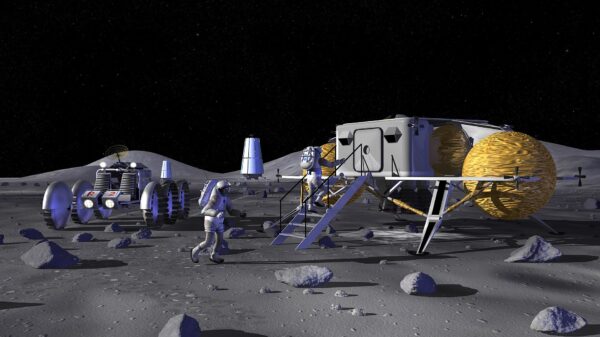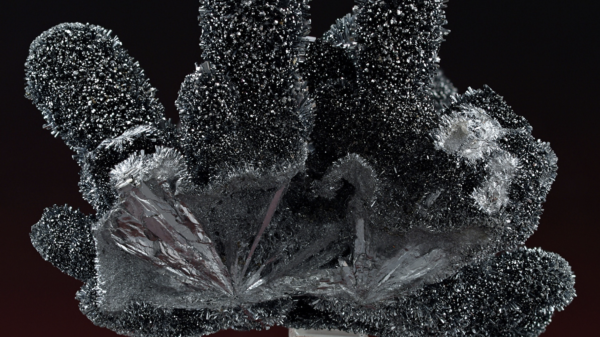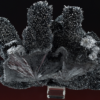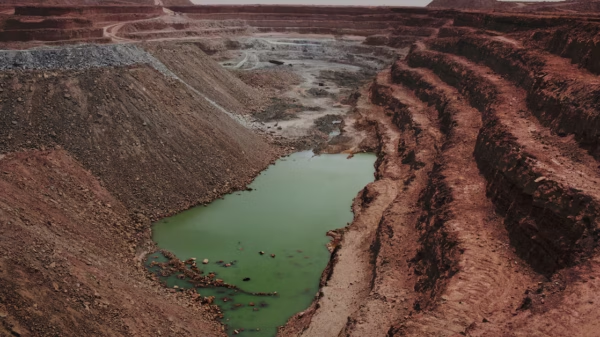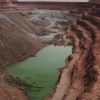The junior explorer Purepoint Uranium Group Inc. (TSX-V: PTU) (OTCQB: PTUUF) expanded its Tabbernor uranium project in the Athabasca Basin by 8,865 hectares through staking following completion of an airborne magnetotellurics (MT) survey.
On Tuesday, the company announced that the survey identified an electromagnetic (EM) anomaly in the newly added eastern section of the property.
“The initial data from our recently completed MobileMT survey not only confirmed the central EM conductor but identified a significant EM anomaly continuing to the east beyond our claim line which we have now acquired,” said Purepoint’s Vice President of Exploration Scott Frostad.
The Tabbernor property is host to over 80 historic mines and gold occurrences, according to Purepoint. It is comprised of 34 claims spanning over 79,000 hectares and is 100 per cent owned by the company.
Final assays and interpretations of the recent survey’s data are currently still pending.
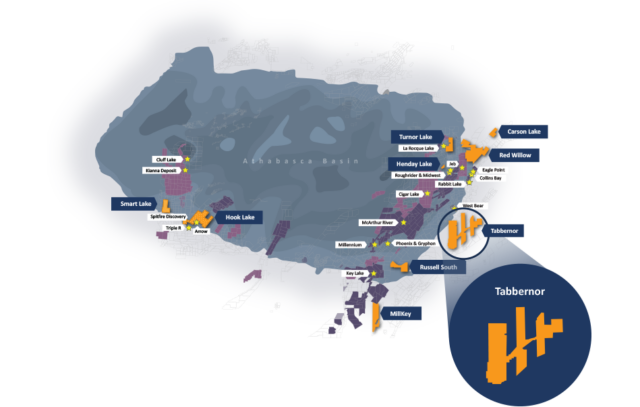
Map via Purepoint Uranium
Read more: ATHA Energy aerial surveys over Athabasca Basin reveal strong potential for uranium
Read more: ATHA Energy well-positioned to capitalize on world’s best uranium jurisdiction: TF Metals interview
Athabasca Basin is the world’s richest uranium region, says Purepoint
Purepoint is concerned with the exploration and development of its portfolio of projects in Canada’s Athabasca Basin. The company says it is the world’s richest uranium region.
Purepoint has been operating in the uranium mining jurisdiction since 2002. It has joint ventures with Cameco Corp (TSX: CCO) (NYSE: CCJ) and Orano Resources Canada at the Hook Lake and Smart Lake projects, holding a 21 per cent and 27 per cent stake respectively.
As of the end of September, Purepoint had a $27.14 million market capitalization.
Looking back at October, the #uranium market saw increased activity in spot and term transactions, with 43 spot deals involving various fuel forms, mostly for prompt delivery. Listen to the full episode of #UraniumSpotlight #podcast #u3o8https://t.co/ZR9YRNtgL7
— Purepoint Uranium (@PurepointU3O8) November 7, 2023
Prior to Purepoint’s survey, the largest EM survey in the history of the Athabasca Basin was completed by ATHA Energy Corp. (CSE: SASK) (FRA: X5U) (OTCQB: SASKF). ATHA also firmly feels that the Basin is the best uranium mining jurisdiction in the world.
“You’re talking about 100 times, or greater uranium grade in these deposits, which is unparalleled anywhere else globally,” said ATHA’s CEO Troy Boisjoli.
ATHA has the largest land position in the region, spanning 3.4 million acres, roughly the size of Connecticut. The company is currently analyzing data from its major survey and aims to have drilling underway at the highest priority target areas it identifies by the end of 2024.
The rising price of uranium combined with a growing interest in clean energy worldwide is making the jurisdiction an increasingly attractive investment prospect.
ATHA aims to progress from explorer to developer in the region and currently has $25 million on hand for its ongoing activities.
ATHA Energy is a sponsor of Mugglehead news coverage
rowan@mugglehead.com

